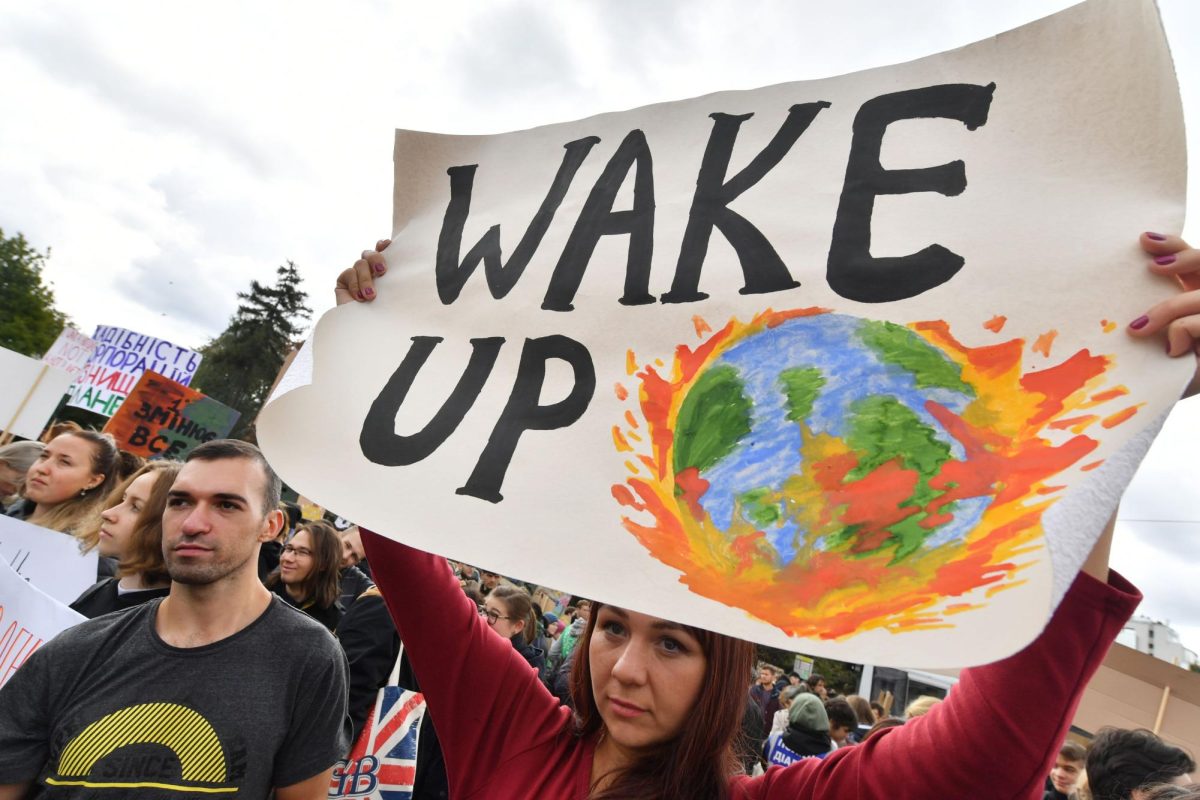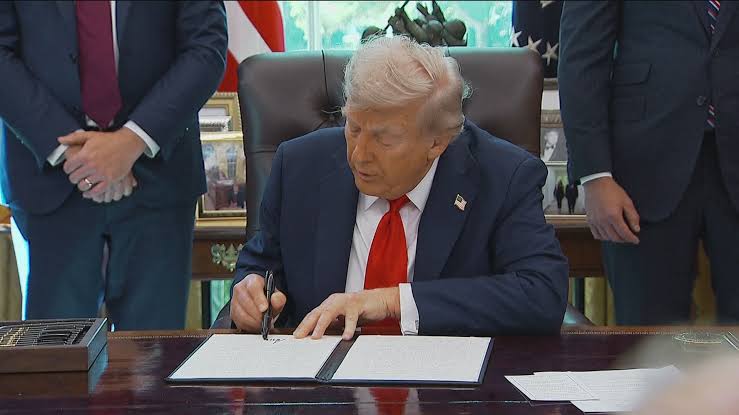Climate change policies across the United States are shifting in 2025, creating uncertainty about the future of environmental efforts. As the federal government reevaluates its original approach, states, cities and communities are stepping in to move climate action forward.
Several federal agencies have recently paused or restructured major climate programs. These changes include freezing portions of clean energy funding, adjusting the scope of government-supported climate research and reviewing pollution control regulations. Rather than signaling an end to environmental action, these moves represent a change in direction, sparking new conversations about climate priorities, responsibility and leadership.
Alongside these shifts, updates to key environmental rules are prompting a wider conversation about the future of climate protection. As national regulations evolve, some environmental policies may take new forms, placing greater emphasis on state and regional leadership.
Across the country, local governments are responding by accelerating their own efforts. Many states have set or strengthened their clean energy goals, often exceeding national targets. Projects focused on solar energy, electric vehicle infrastructure and energy-efficient buildings are expanding, especially in metropolitan areas.
Economics and technology are also helping to shape the path forward. The cost of wind and solar energy has dropped significantly, making renewable power more accessible than ever. As utility companies and businesses look for cost-effective solutions, demand for clean energy also continues to rise.
Beyond government efforts, community involvement is growing. Schools, neighborhood groups and nonprofits are leading climate education programs, launching local recycling campaigns and developing climate-adaptive projects. These initiatives show that environmental progress does not always start at the top—local voices and actions play just as much of a critical role.
Even with adjustments at the federal level, climate momentum remains strong. The continued focus on clean technology, grassroots efforts and local policy reflects a growing belief that climate responsibility is shared.
As climate challenges grow, so does the power of local action. Every solar panel installed, every sustainable choice made and every policy pushed forward shapes the future we all share. The path to progress is not just written in laws—it is built by communities ready to make a difference for a better earth.









